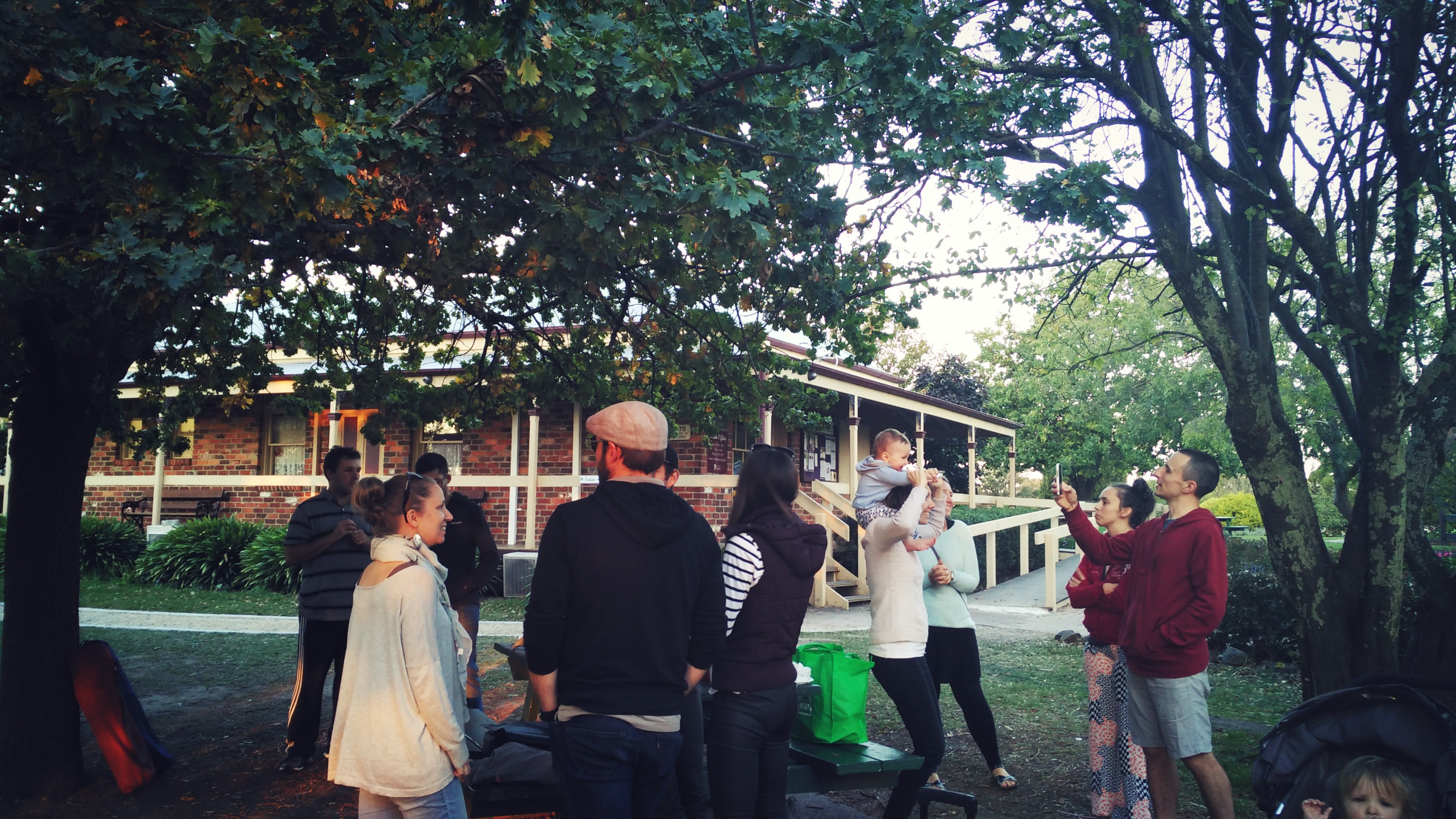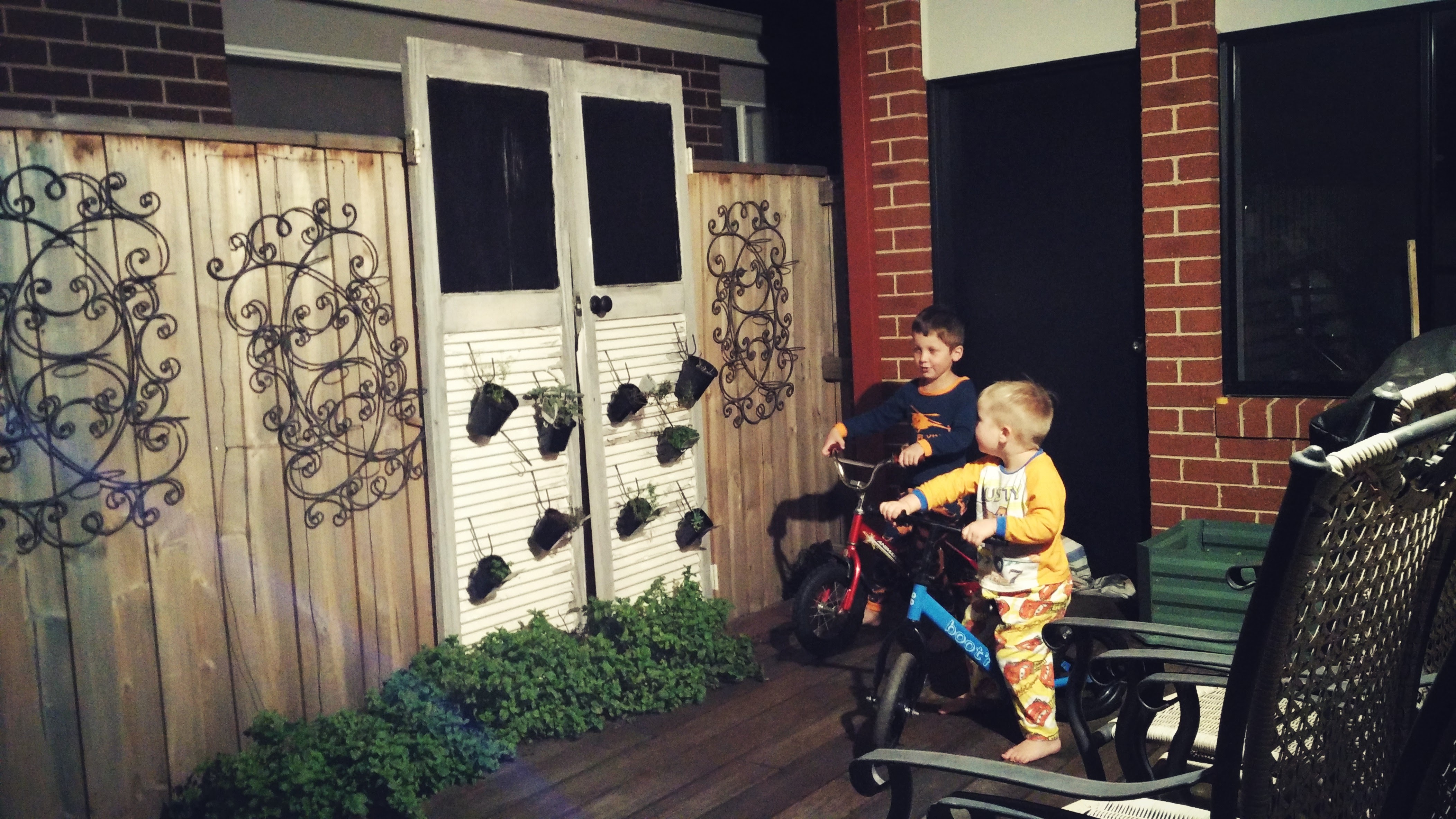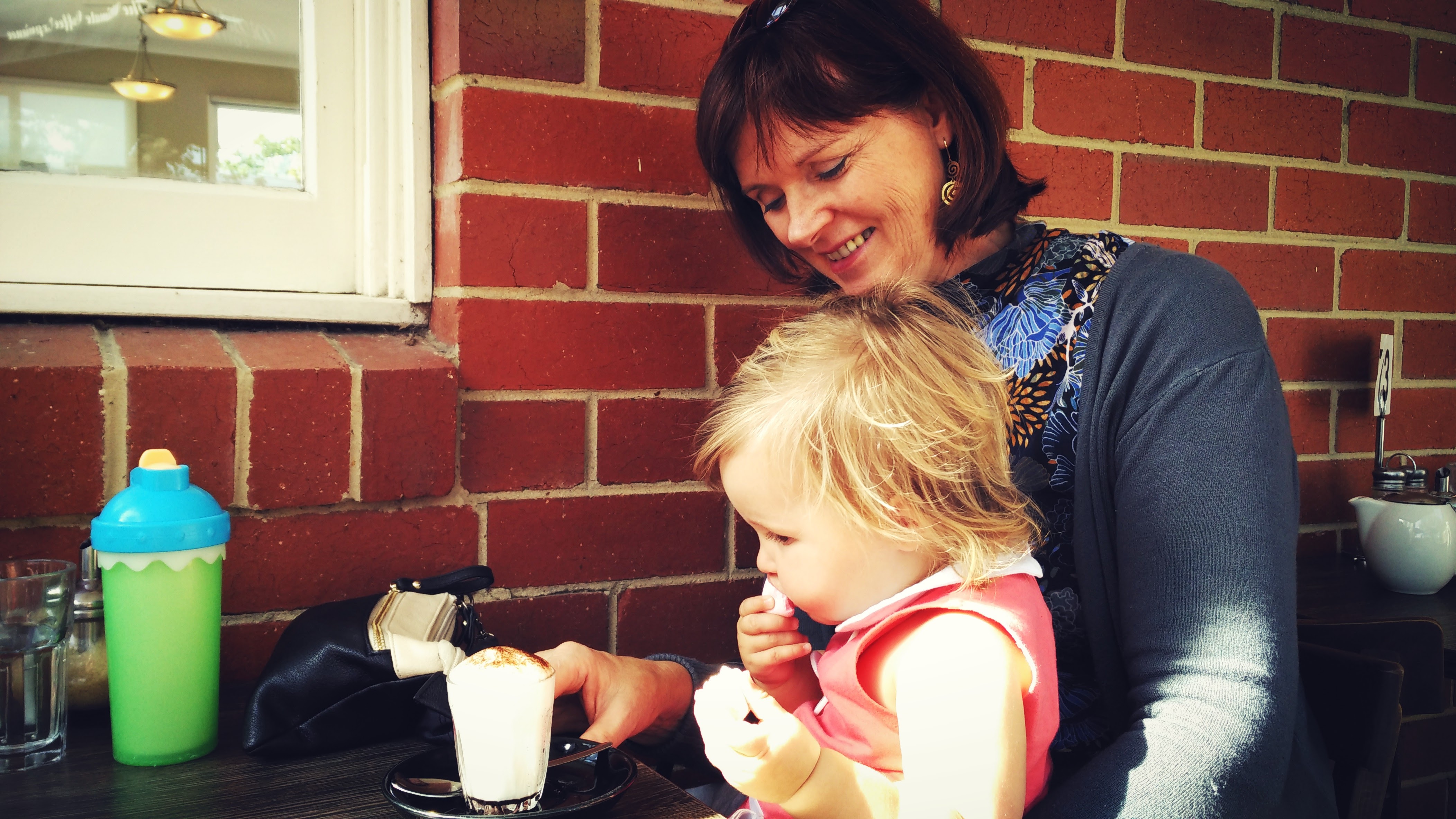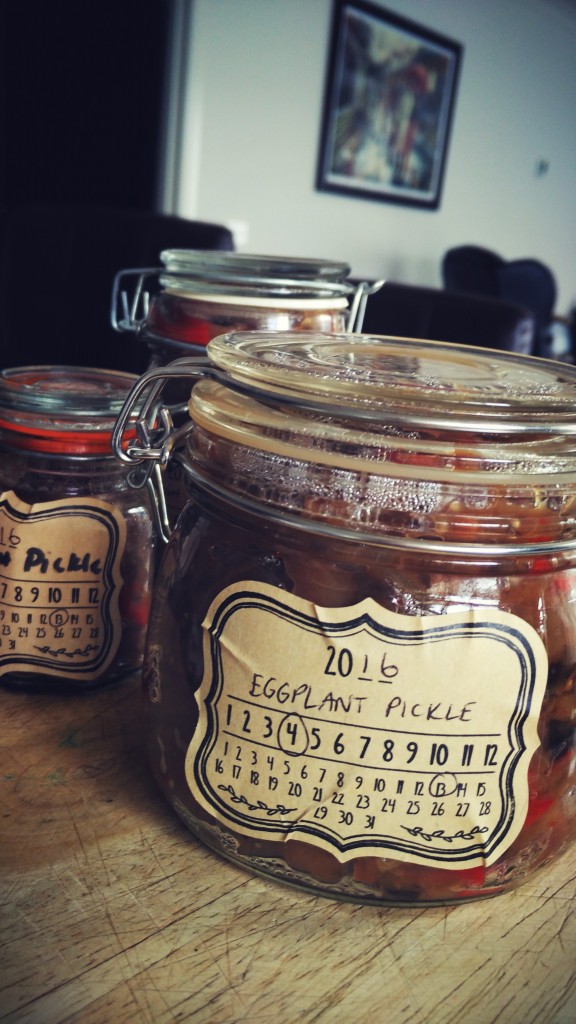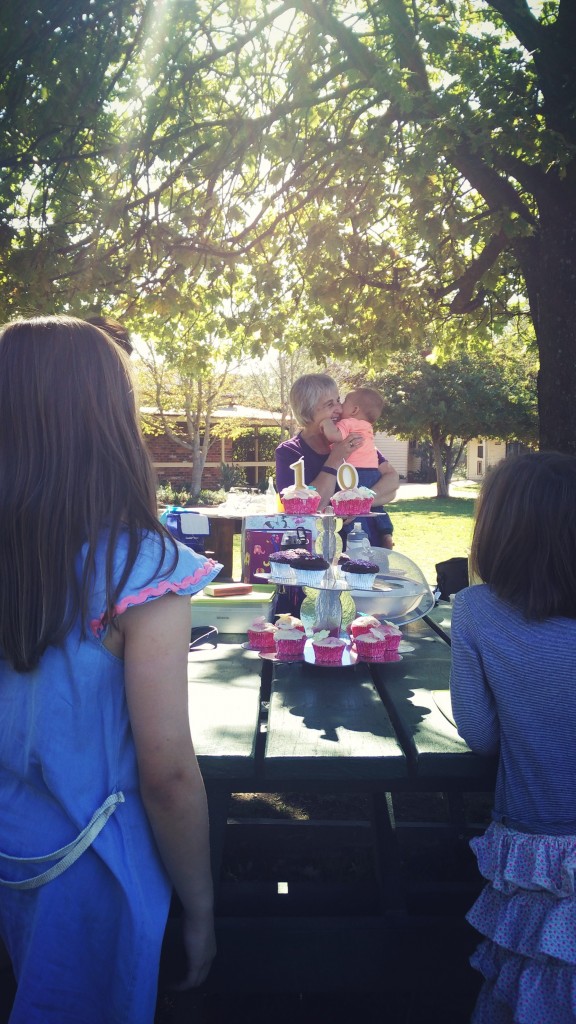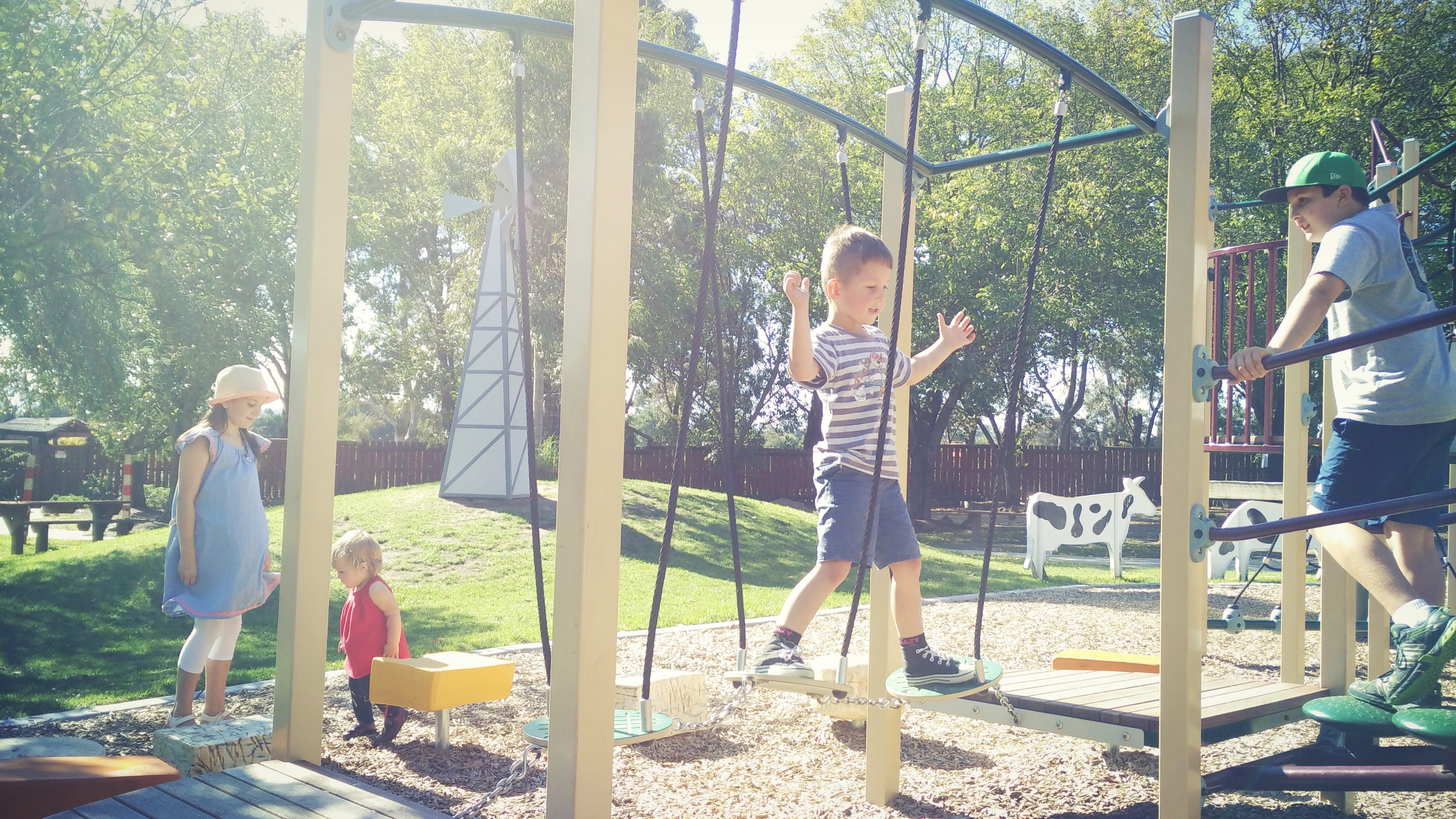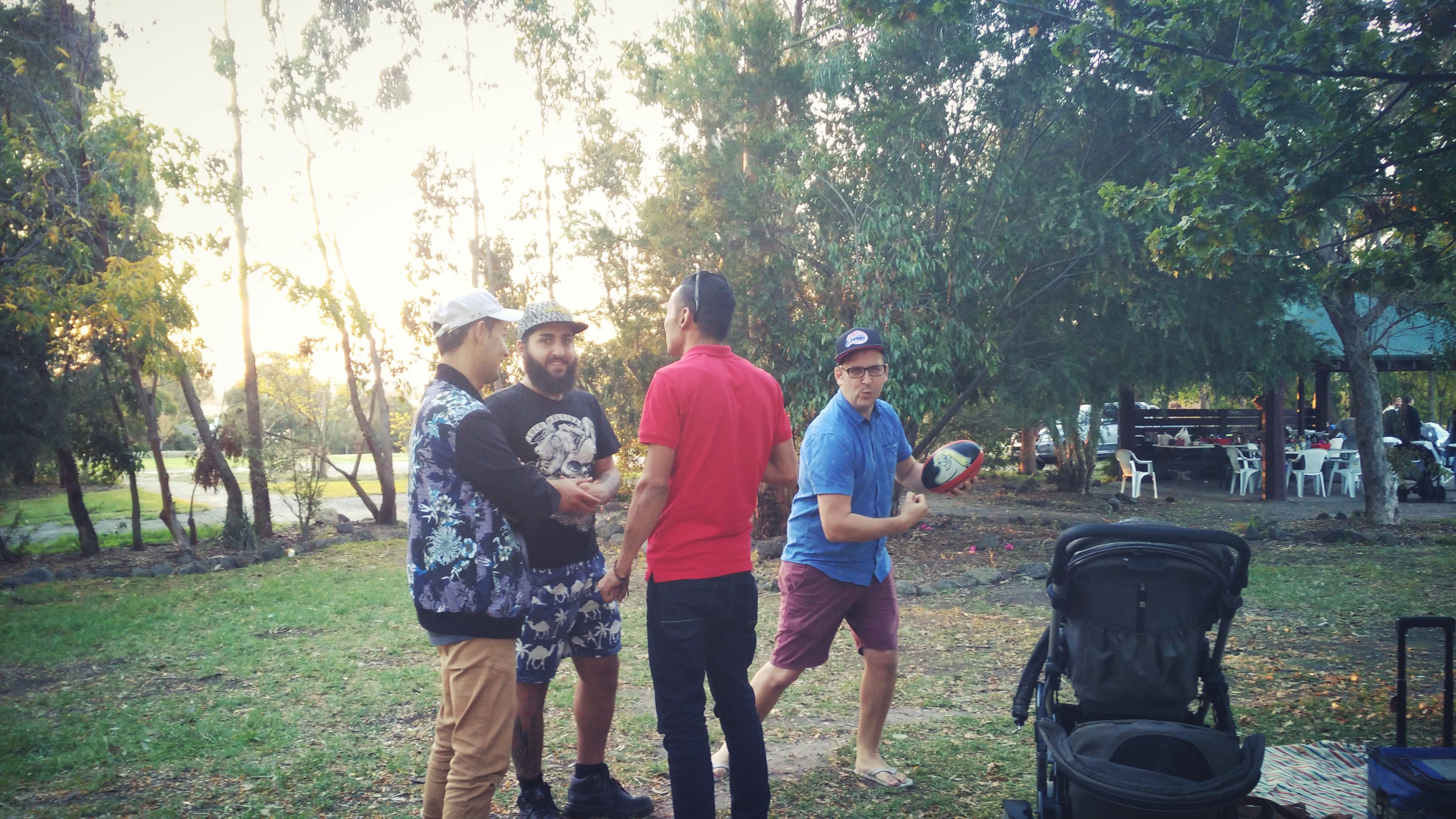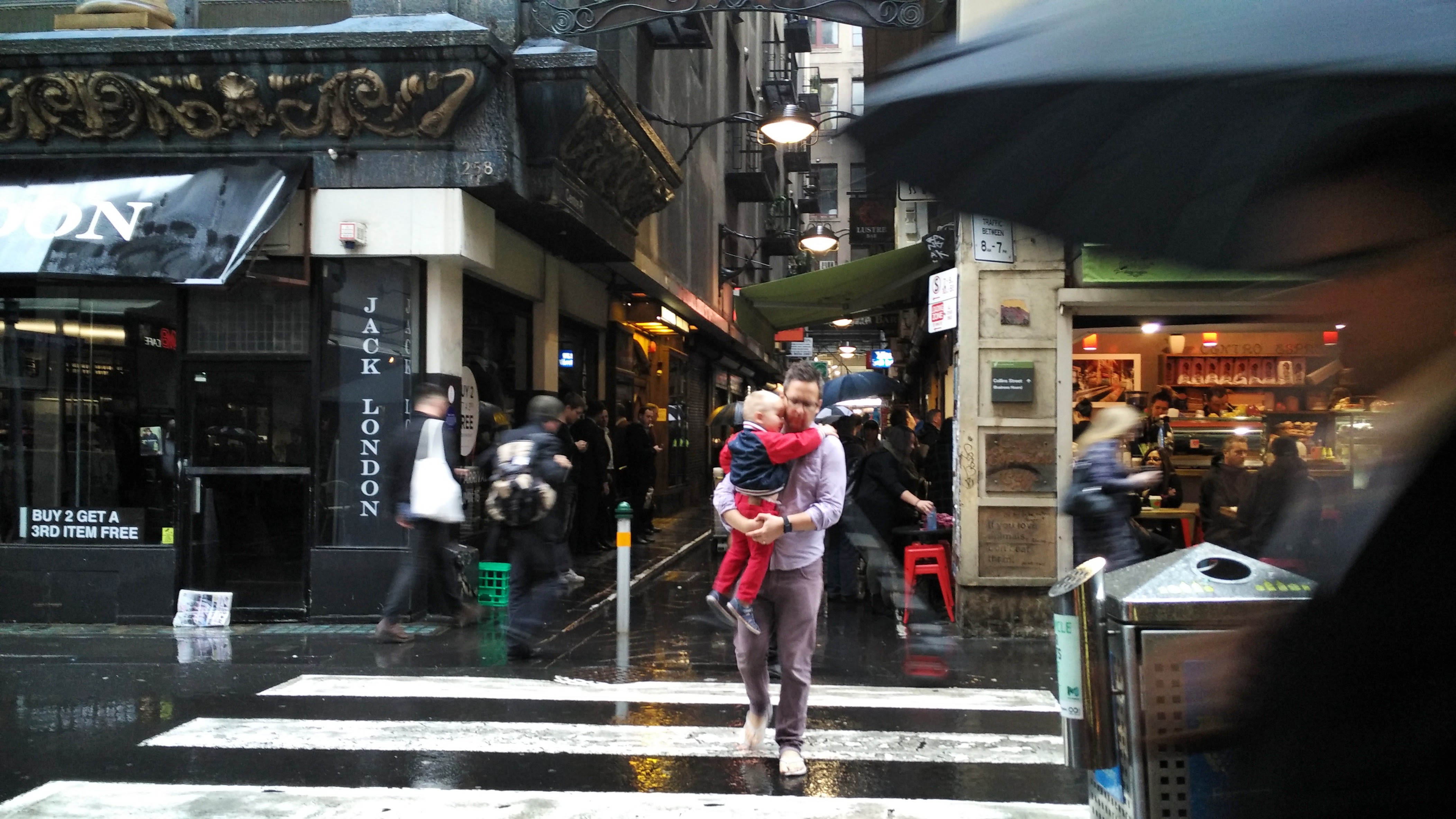Generosity.
It is a word laden with complexity. Thoughts of obligation, of sacrifice, love, exhilaration, of vulnerability… when we choose to be generous it can evoke a myriad of feelings and responses, both in our own minds and that of the receiver.
It turns out that the science behind generosity is remarkably compelling. A New Republic interview with the authors of a book entitled ‘The Paradox of Generosity‘ reveals a host of benefits that can be experienced if you consistently engage in a lifestyle of giving. These benefits include a lower rate of depression, better physical health and a notable activity increase in the pleasure chemistry area of the brain.
Sam Kean, in the piece ‘The Man Who Couldn’t Stop Giving‘ puts it more colloquially: “What your mother told you, then, is true: it is better to give than to receive. She probably just didn’t realize that, neurologically, giving is roughly on par with eating fudge or getting laid.”
I decided it was time for an experiment.
My generosity radar was switched on, searching for opportunities to experience this phenomenon. It turns out that I had my fair share of being on both the giving and receiving ends this month.
Here are ten things I learned about the reality of giving:
1. Generous People Are Everywhere
We are lucky enough to be surrounded by four exceptional examples of generosity in the form of both sets of parents, but Dave’s Dad, John, is remarkable in his giving.
Whenever we visit or they come over, John invariably has treats for each grandchild. It’s almost as if he scours the aisles of Woolworths thinking ‘who would this be good for?’ He is always the first to offer money at the slightest sign of hardship, enter competitions so that he can give away the reward and has perfected the art of beating everyone to settle the bill at the end of a coffee or meal. He does it in such a quiet, unassuming way but the impact of his giving is exponential as seen by the packed function room at the celebration of his 70th birthday.
After the feast by candlelight for my Aunty Louise’s 60th, we re-entered the house to find the birthday girl herself standing in the hallway looking puzzled. It turns out that in providing accommodation for the 17 occupants of the house, she had misplaced her own mattress and had no place to sleep! Thankfully the mattress showed up eventually, but she didn’t seem in the least fazed. This is so typical of my Aunty, being the first to offer arms for a cranky baby, dropping dinner preparations to help find a magnifying glass when I was trying to dislodge a splinter and spending hours every week volunteering at FoodCare.
A fellow mum at Kinder revealed that she almost ends up spending her wage before she gets it, because her work at an aged care facility breaks her heart over the practical needs of her patients. She is constantly throwing pairs of socks, deodorant and soaps into her shopping cart so that she can provide for people who would otherwise be going without.
And these examples don’t even scratch the surface of the beauty that I saw when opening my eyes to those around me who have an established practice of generosity.
2. Generosity Can Be Fun!
While grocery shopping one day, my eyes caught sight of a large box of Cornetto ice-creams. I stood in front of the freezer undecided for a few moments. There is no way that my family could eat twenty-four cones, and I wouldn’t usually spend $17.00 on ice cream, but I knew that we had an Open House BBQ at the Old Cheese Factory and it seemed as good as any opportunity to practice being generous.
At the end of the night, Dave and I concluded that $17.00 is a small price to pay for the experience we received just by handing them out. Dave was even brave enough to offer the remaining few to surprised and appreciative strangers also savouring the beautiful evening at the park.
Sometimes it only takes something (relatively) little and random to make an experience more memorable.
3. Look for Opportunities to Say ‘Yes’
So often in parenting, my default answer is ‘no’.
“No, you can’t do the washing up'” (because it will take half an hour and the floor will be covered in water), “No, you can’t play in the stones outside” (because your clothes will get filthy and create yet more washing).
This month, I tried to say ‘yes’ more and a funny thing happened. It actually led to some memorable experiences and the kids (and I) were much happier. From donning swimwear to play in the mud in the rain, to allowing flashlight games in the dark even though it was past bedtime, even letting Ivy clean up her milk mess on the couch yesterday morning rather than choosing the efficient option – each encounter magically pressed a button in me that released some unknown angst I had been storing.
If life is made up of moments, these were meaningful deposits into that bank account and the imagined ‘evil’ I was guarding against by forbidding these experiences paled in comparison to the joy that was created in the process.
4. Generosity Doesn’t Come With Strings
We’ve all experienced it, that awkward, gut-dropping feeling when you accept something knowing it is more of a hook than a gift – and anticipate the gift-giver pulling that string in the future.
It also isn’t the ‘you get this one, I’ll get the next’ dance we cultivate in social settings sometimes.
The magic of the reward of generosity is in the realised reality that you may never be ‘repaid’ for the gift, but being reconciled to the discomfort of that feeling. The transactional state of our culture probably means that the recipient will seek to ‘right’ the balance in the future, but we shouldn’t succumb to this artificial pressure.
5. Cultivate Habits of Abundance
Part of the drawback of generosity is that it will ‘cost’ us something. We imagine that it will put more stress on our already busy lives and drain our limited resources.
And, to some extent, if done in an obligatory way, generosity can feel like that. If we give because we feel like we are supposed to, it certainly doesn’t have the same impact as giving freely might.
Gardening, I’ve found, is a practice that inevitably leads to abundance. Even a few seedlings, moderately tended, can transform into bountiful produce. This season we had an explosion of eggplants, capsicums and jalapeños. As a result, I’ve learned how to preserve excess vegetables and the chutneys and pickles are great for sharing with friends and family.
In the same way, making a little extra for dinner means that it is always easy to extend an invitation to others if circumstances allow. Or, the leftovers can be frozen and used for meals to give away when people go through hard times.
6. Generosity Doesn’t Have to Involve Money
There are so many ways to exhibit generosity. Whether by volunteering time, liberally clicking ‘like’ on Facebook or other social media, celebrating and sharing others successes – each of these actions works against our descent into relational rivalry and can be powerful in changing our own perspective to a better outlook.
I’ve found that looking up when walking around the neighbourhood and showing genuine interest in people when engaging in small talk has increased my own sense of peace and happiness.
I’ve begun to describe myself as an ‘Enneagram Evangelist’, half joking but in reality quite reflective of my passion for this framework for understanding ourselves and the people around us. Simply by knowing the ‘types’ of the people around me allows me to be generous to them when they don’t respond in ways that make sense to me. As a Type 1, Wing 2 (The Perfectionist/Reformer), my primary way of ‘saving’ myself is to be perfect. Other types are driven by completely different motivators such as success (Type 3), avoidance of danger (Type 6) or being unique (Type 4).
When we cultivate an outlook of generosity, we predominantly change (for the better) who we are. Ironically by giving to others, we end up giving the most to ourselves.
7. Sometimes Generosity is What You Don’t Say
At the doctors with Hudson during the month, a fellow mum kindly (and generously!) remarked on how I seemed to be handling the kids. “I struggle with one, I don’t know how you do it with two!”
I could have corrected her and tried to impress her further by saying I actually have three kids, but the addition of that information would have only served to boost my ego. Instead, we had a great conversation about the struggles of motherhood and how it is hard at each stage, regardless of how many we have and connected really well.
On the flipside, there may be times when you look around (in life or on social media) and witness another mother doing things ‘differently’ than you. The temptation may be strong to say something or criticise (and I’m a conflict-avoider by nature so this may be easier for me to say) but generosity would extend grace to the person, realise that we each approach life in such different ways and to allow the experience to instead highlight our own struggles.
For the evocation of a strong reaction within usually speaks of an insecurity in our own psyche, rather than a wrong to be remedied in the other.
8. Being the Recipient of Generosity Can Sometimes Evoke Discomfort
I’ve heard (and spoken) this sentiment many times.
“I’m happy helping others, but I feel uncomfortable when someone helps me.”
Earlier in April, I shared of the tough month we have been having – lingering chest infections, countless sleepless nights due to fears of the dark. When Monica showed up to rescue me and whisk Hudson off so that I could generate some emotional and physical energy, I wasn’t exactly the version of myself that I like to present. In short, I was a mess. Mascara smudges down both sides of my face, dark circles of tiredness, hoarse voice, slumped shoulders.
But I wonder, was it the act of accepting the help of a kind-hearted friend that caused my angst? Or was it more the fact that it went against the persona that I am comfortable in presenting- capable, coping, in control?
If I had admitted my need before I crashed and burned, maybe the feelings would have played out differently, and the shame at needing to be rescued would instead have been an acknowledgement between friends that we all need help sometimes, and to voice that need is anything but failure.
9. Generosity Builds Relationships
Actually, opening up to each other about our needs and allowing the excess of another to meet your lack can be a connecting, vibrant force strengthening a relationship.
Weddings are an amazing example of a group of people pulling together to help each other create something beautiful. Dave and I had the privilege of attending my school friend, Julie’s, wedding this week and there were so many incidences of generosity on display.
Holly had harvested raw honey from her eight beehives and jarred the liquid amber as gifts for the guests. A group of girls created bouquets from bought and foraged wildflowers and the results were absolutely stunning. There was such a buzz of energy and life in the light-filled, ruby-red leaf draped room and the shared experiences that were created as a result of this generosity were timeless.
10. Generosity Has to Be A Practice
The key finding of the research into the science of this phenomenon was that in order to ‘reap’ the considerable benefits of generosity, it had to be a consistent practice.
Sasha Dichter, in his TED talk about his own generosity experiment shared that when he rejected a homeless man’s request for money on his train ride home he had an epiphany.
“I was hiding behind what was smart, and it was keeping me from doing what is right.”
Dichter’s wisdom in saying ‘no’ to giving money to strangers was in fact changing him – into a man he didn’t want to be. He decided to spend the next month saying ‘yes’ to any request that was made of him, and he actually found that he liked himself a whole lot better at the end of the process!
When it comes down to it, it almost seems unbelievable. An investment into generosity has a personal return of far greater reward than the physical acts of giving could ever add up to!
It is as Simone de Beauvoir says: “You give your all, and yet you always feel as if it costs you nothing.”
That is the true genius of generosity.
This piece is part of an exploration of monthly themes as a part of my resolutions for this year. For January’s exposition on Hospitality see here, for February’s exploration of Spirituality see here and for March’s offering on Authenticity see here.



